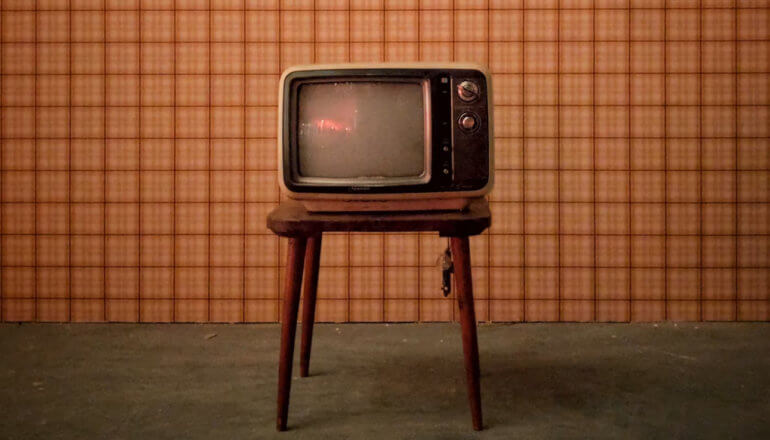
New Study From Norman Lear Center Uncovers Harsh Realities of Orthodox Jewish Representation in Hollywood
Jew in the City has been beating the drum, calling attention to how pervasive myths and misconceptions about Orthodox Jews are, since our 2007 founding. Much of the negativity and lack of nuance that exists about the community is promulgated through media. We finally have data to back up our claims. A recent report that we collaborated on with one of the most prestigious academic entertainment groups in Hollywood, the USC Annenberg Norman Lear Center, studied both general Jewish characters in contemporary scripted US television and took a deeper dive into Orthodox Jewish representation. While there were issues with how Jewish characters in general are depicted, the Orthodox aspect of the study revealed the most troubling results.
Despite a substantial body of research on general Jewish representations in media, there has been little focus on Orthodox Jews specifically—especially those who aren’t part of the Haredi community. The findings of the USC report underscore the lack of diversity in how Orthodox Jews are represented in Hollywood.
The study analyzed 30 episodes of TV shows from 2019 to 2022 that explicitly referenced Orthodox Judaism. While Orthodox Jews make up a significant and growing portion of the Jewish population—especially among younger generations—their representation on screen remains limited and troubling. The findings revealed that while half of the analyzed episodes featured Orthodox characters in speaking roles, more than one-third didn’t include any Orthodox Jews at all. The researchers concluded that this means that often on screen, Orthodox Jews are spoken about as opposed to speaking for themselves.
When Orthodox Jews did appear, they were often marginalized, depicted in negative or one-dimensional roles. Most striking was the fact that in 50% of these episodes, Orthodox characters were the subject of negative judgments, with their culture presented as “other” or fundamentally different from mainstream society. While Orthodox Judaism was not often portrayed as inherently patriarchal or criminal, a significant number of episodes (17%) depicted Orthodox characters as cold or emotionally distant, and 20% showed characters dissatisfied with their lives. As many as 1/3 of Orthodox Jews in speaking roles were ex-Orthodox. These portrayals often reinforce stereotypical views of Orthodox life, such as the notion that all Orthodox Jews are deeply unhappy or want to escape their community.
The researchers wondered what the effects would be having a community depicted with very few positive examples. As it is, Orthodox Jews (likely in part due to their visibility) are the most attacked group within the Jewish community in the US, which itself is now the most attacked minority group in the US, starting in October 2023, according to the FBI Hate Crimes tracker.
Decades of research show that scripted media, including television and film, has the ability to impact how the world sees a group of people. Improving Orthodox representation would likely lead to improved public opinion of Orthodox Jews and Jews in general. The USC report highlights the crucial need for Hollywood creatives to engage with Orthodox Judaism in a more thoughtful, informed manner. This includes not only improving the diversity of Orthodox characters but also ensuring they are portrayed with depth and authenticity. Some of their recommendations were to show Orthodox Jews as the people next door, let Orthodox Jews speak for themselves, show Jewish pride and joy, show Jews embracing their traditions, and write with diversity and specificity.
Now that we have this data, our JITC Hollywood Bureau will work to normalize showrunner trainings to studio execs about Jews and Judaism. This is how every other group moved the needle. It’s how we’ll do it too.
If you found this content meaningful and want to help further our mission through our Keter, Makom, and Tikun branches, please consider becoming a Change Maker today.







